Adult learning theory, particularly andragogy, emphasizes the unique needs and motivations of adult learners. This approach recognizes that adults bring a wealth of experience to the learning environment, which can significantly enhance their engagement and understanding.
When leading a workshop for professionals eager to upgrade their skills, you may notice that discussions centered around their own experiences foster greater interaction than traditional lectures. This observation highlights the effectiveness of andragogy in adult education, contrasting sharply with more conventional educational theories that may not consider the diverse backgrounds and intrinsic motivations of adult learners.
Understanding these principles can profoundly influence your teaching methods and strategies, paving the way for more engaging and impactful adult education in the future. For instance, incorporating real-life scenarios and peer discussions can create a more dynamic learning atmosphere, ultimately benefiting both the instructor and the participants.
Overview of Adult Learning Theories
Adult learning theories are essential for educators and trainers who wish to understand how adults acquire knowledge and skills. These theories facilitate a sense of belonging within educational settings, creating an inclusive environment.
For instance, social learning highlights the importance of collaboration and peer interaction, which enrich the overall learning experience.
Cognitive development is crucial for comprehending how adults process information, allowing for better instructional design. Motivation theories reveal the factors that inspire adults to pursue lifelong learning, helping educators maintain engagement.
Recognizing the variety of learning styles enables tailored teaching methods that cater to individual needs, ensuring every participant feels acknowledged.
Emotional intelligence is also important as it fosters deeper connections with learners, addressing their emotional and psychological requirements.
Integrating technology can create vibrant learning environments that enhance knowledge retention. Furthermore, utilizing effective assessment methods helps track progress and adjust strategies so that all learners feel appreciated and supported throughout their educational journey.
Embracing these theories cultivates a supportive atmosphere that promotes growth and belonging for everyone involved.
Andragogy and Its Principles
Andragogy focuses on the distinct qualities of adult learners, emphasizing their specific needs and motivations in the learning process.
Understanding the fundamental principles of andragogy is essential for creating effective educational experiences that cater to adults.
These principles guide the development of programs that foster engagement and facilitate meaningful learning outcomes.
Exploring how these principles influence adult education can lead to more impactful teaching strategies.
Key Principles of Andragogy
At the heart of adult learning theory is andragogy, which emphasizes the distinct ways adults acquire knowledge compared to children. Recognizing these principles is crucial for developing a dynamic learning atmosphere. Incorporating motivational strategies and effective assessment methods cultivates a sense of belonging and empowerment among participants.
Below are the key principles that are vital to consider:
- Self-Directed Learning: Adults often prefer to steer their educational journeys. Encourage them to take ownership of their learning experiences.
- Experiential Learning: Utilizing life experiences enhances the educational process. Incorporate real-world examples to establish connections with learners.
- Relevance: Adults are more engaged when they perceive the direct applicability of their studies. Ensure the content is tied to their personal or professional contexts.
- Problem-Solving Orientation: Adults gain value from addressing practical challenges. Integrating case studies and relevant scenarios into your instruction can be beneficial.
- Respect and Collaboration: Fostering a respectful environment that encourages teamwork builds a sense of community among learners.
These principles not only enhance engagement but also empower adults to thrive in their learning journeys.
Adult Learner Characteristics
Understanding the distinct characteristics of adult learners is crucial for effective education. Adult learners bring a wealth of experience and specific motivations that shape their approach to learning. Your life experiences influence your preferred learning styles and how you interact with new material.
Unlike younger learners, you often seek knowledge that aligns closely with your career aspirations and personal interests, making motivation a vital aspect of your educational journey.
You perform best in environments that recognize your individuality and promote collaborative learning. Engaging with peers can significantly enhance your educational experience, as sharing perspectives fosters cognitive growth and a sense of community.
You value learning that builds on your existing knowledge, integrating new concepts with what you already understand. Recognizing your unique learning preferences allows for the development of tailored educational programs that resonate with you.
Whether through practical exercises or interactive discussions, acknowledging these differences enriches your learning experience. Aligning educational methods with your characteristics enables you to reach your goals and increases your involvement in the learning process.
Your personal growth is essential, and creating supportive environments plays a key role in your success.
Transformative Learning Approach
Transformative learning is a powerful approach that invites individuals to reevaluate their beliefs and assumptions, resulting in significant personal development. This method prioritizes critical reflection, encouraging participants to engage with experiences that can fundamentally alter their perspectives.
By enhancing emotional intelligence and raising awareness, individuals gain the tools necessary to effectively navigate changes within society.
Key elements of transformative learning include:
- Critical Reflection: This involves a thorough examination of personal beliefs and values, helping individuals pinpoint areas where growth is possible.
- Transformative Pedagogy: Creating an environment conducive to open dialogue and collaboration fosters deeper learning.
- Personal Growth: Adopting new viewpoints encourages ongoing personal development and self-discovery.
- Empowerment Strategies: These techniques enable individuals to take initiative in their own learning processes.
- Societal Change: Recognizing how personal development can contribute to broader community progress is essential for fostering collective improvement.
The transformative learning approach not only enriches individual lives but also has the potential to effect meaningful change in society at large.
Experiential Learning Theory
Experiential learning theory focuses on the significance of direct experiences in the educational journey, allowing individuals to link theoretical knowledge with practical application. This approach encourages active participation in immersive activities that enhance understanding and promote skill acquisition. Engaging in real-world scenarios helps learners recognize the relevance of their studies, simplifying the comprehension of intricate concepts.
As learners navigate various educational settings, experiential assessment becomes crucial in tracking their development. Ongoing feedback from instructors and classmates facilitates growth and cultivates meaningful interactions, strengthening a sense of community.
Reflective practice is essential for evaluating experiences, as it enables individuals to extract lessons that enrich their learning. This theory proves effective because it converts abstract notions into practical abilities.
Active engagement increases information retention and supports effective application in both personal and professional contexts. Embracing experiential learning provides individuals with the necessary tools to excel, fostering confidence in addressing challenges and achieving success within their communities.
Self-Directed Learning Concepts
Self-directed learning is an approach that empowers individuals to take control of their educational experiences. This method enhances motivation and aligns with personal learning styles, making the process more effective and enjoyable.
Here are key components to consider:
- Goal Setting: Establish specific and attainable goals to maintain focus and direction in your learning journey.
- Resource Accessibility: Take advantage of diverse materials and platforms to broaden your knowledge and skills.
- Technology Integration: Employ digital tools to enhance learning and facilitate collaboration with others.
- Feedback Mechanisms: Actively seek constructive feedback to refine your methods and strategies.
- Time Management: Effectively prioritize tasks to ensure a balanced approach to learning and other commitments.
Incorporating self-assessment and reflection enables you to monitor your development and make necessary adjustments.
The presence of accountability partners can also provide essential support throughout your learning process. Engaging actively in your education fosters a sense of community and belonging, making the experience both enriching and rewarding.
Embrace self-directed learning and notice how it can transform your educational journey.
Constructivist Learning Framework
The Constructivist Learning Framework is centered on the idea that individuals acquire knowledge through their personal experiences and social interactions. This educational approach highlights the importance of active involvement and teamwork, which can significantly enhance the learning experience.
Engaging thoroughly with the material allows you to appreciate the advantages of constructivism, particularly in catering to the needs of adult learners. This method encourages learners to build upon their existing knowledge, fostering a more meaningful understanding of concepts.
For example, group discussions and collaborative projects are effective strategies that promote deeper insights and retention of information.
Key Principles of Constructivism
Understanding the key principles of constructivism is vital for enriching your educational journey. This approach emphasizes that knowledge is formed through personal experiences and social interactions, leading to a more engaging and effective learning process.
Here are some essential principles to consider:
- Knowledge Construction: Learning is an active process where you develop your understanding through various experiences and interactions.
- Social Interaction: Working together with classmates enhances critical thinking and exposes you to diverse viewpoints.
- Reflective Practice: Taking time to reflect on your learning allows you to connect ideas and deepen your understanding.
- Problem Solving: Tackling real-world problems aids in applying knowledge in practical situations.
- Personal Experience: Incorporating your own experiences into learning makes it more relevant and impactful.
Embracing these principles can create a rich educational environment that fosters cognitive growth and active participation.
Benefits for Adult Learners
Constructivist learning frameworks offer significant advantages for adult learners, enhancing both engagement and knowledge retention. These frameworks establish supportive environments that align with individual motivations, making learning experiences more relevant and inclusive of diverse cultures.
Integrating technology allows access to a wide range of resources and facilitates connections with peers, creating a sense of community. The focus on goal setting and collaboration aids in effective time management while promoting lifelong learning and mutual support, enriching the overall educational experience.
Here are some key benefits of constructivist learning:
| Benefit | Description | Impact on Learning |
|---|---|---|
| Motivation Factors | Aligns education with personal interests and needs | Boosts engagement and commitment |
| Assessment Methods | Emphasizes formative assessments for continuous feedback | Enhances understanding and retention |
| Technology Integration | Leverages tools to enhance learning experiences | Offers flexibility and accessibility |
| Cultural Influences | Acknowledges diverse backgrounds and viewpoints | Cultivates an inclusive learning community |
These elements collectively contribute to a more effective and satisfying learning journey for adults.
Collaborative Learning Strategies
Collaborative learning strategies play a vital role in enhancing the educational experience. These approaches not only elevate engagement but also deepen understanding among learners. Working together fosters knowledge acquisition and cultivates essential skills beneficial in personal and professional settings.
Here are some key strategies to consider:
- Peer feedback is essential for fostering constructive criticism, which in turn strengthens group dynamics. It helps individuals understand different perspectives and improve their work.
- Role playing provides an opportunity to experience situations from various viewpoints, enhancing empathy and problem-solving capabilities.
- Cooperative projects encourage active participation and shared leadership, ensuring that every team member feels valued and invested in the outcome.
- Trust building through open communication establishes a safe environment where negotiation skills can be developed and improved.
- Effective communication strategies are vital for tackling challenges and ensuring that all participants contribute meaningfully to the group.
Implementing these collaborative strategies can lead to a richer and more fulfilling learning experience for everyone involved.
Conclusion
Understanding adult learning theories, particularly andragogy, is essential for enhancing your educational experience. Research shows that approximately 70% of adults prefer self-directed learning methods. Embracing concepts such as experiential learning and collaboration empowers you to take charge of your education, ensuring it aligns with both your personal and professional aspirations. This approach not only promotes active engagement but also nurtures a commitment to lifelong learning, making your educational journey both meaningful and fulfilling. For example, participating in workshops or group projects can lead to more effective learning outcomes, as they provide opportunities for practice and feedback.

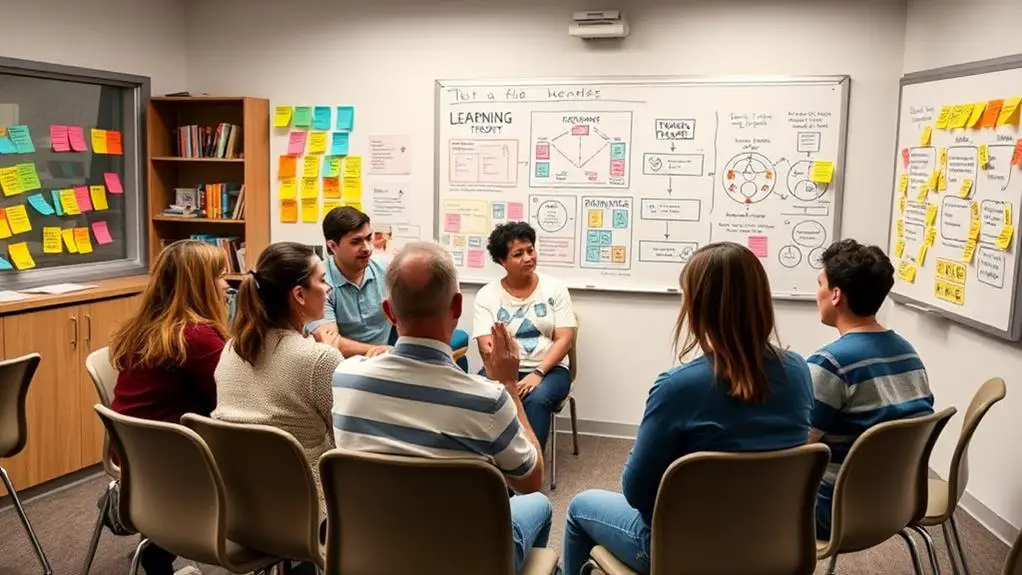
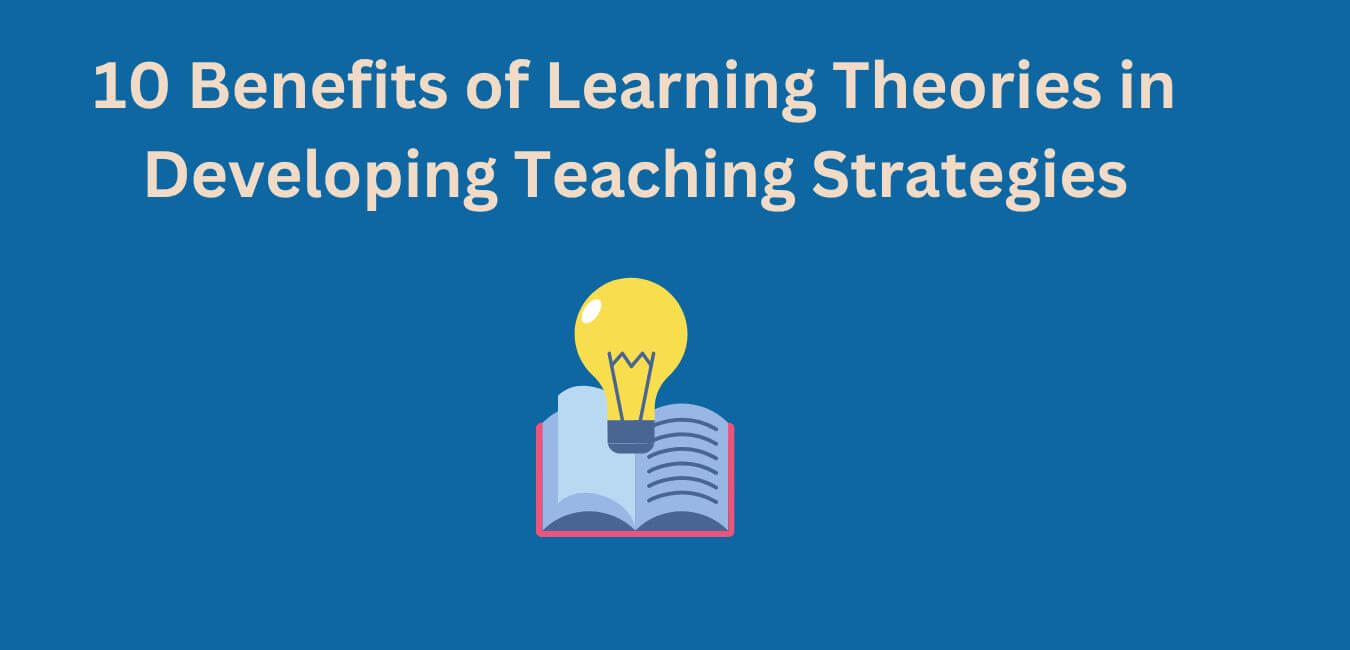
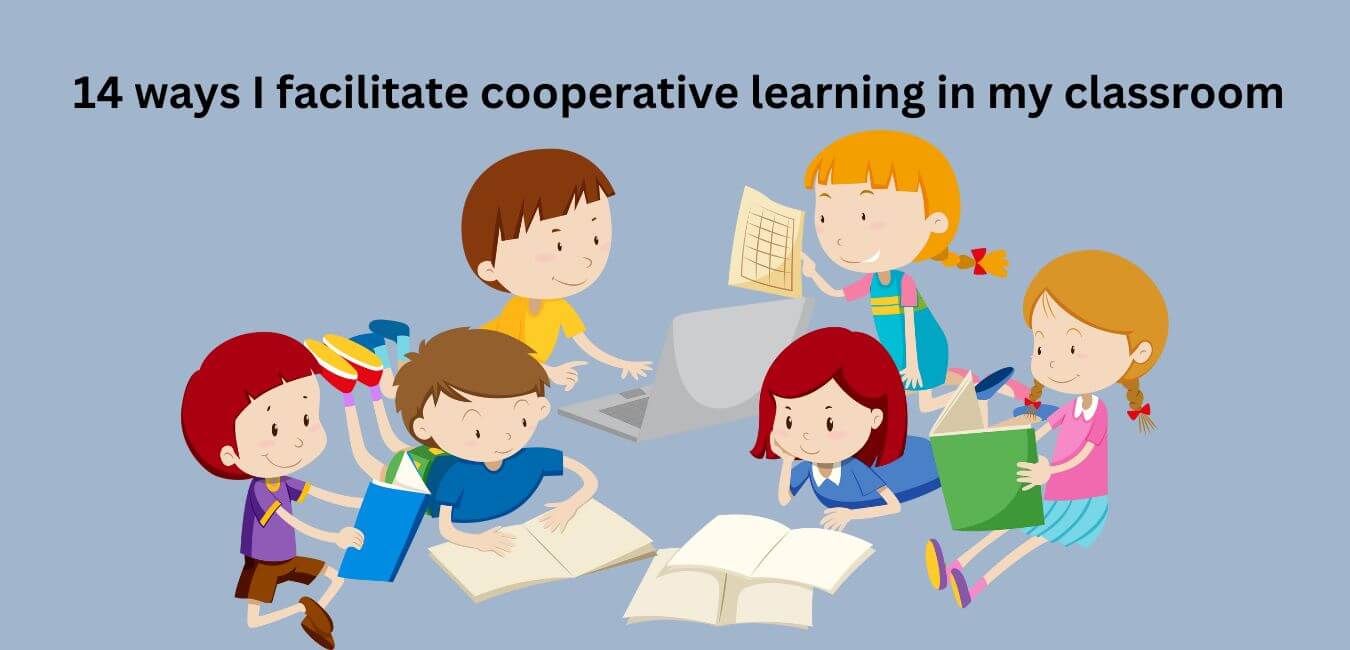
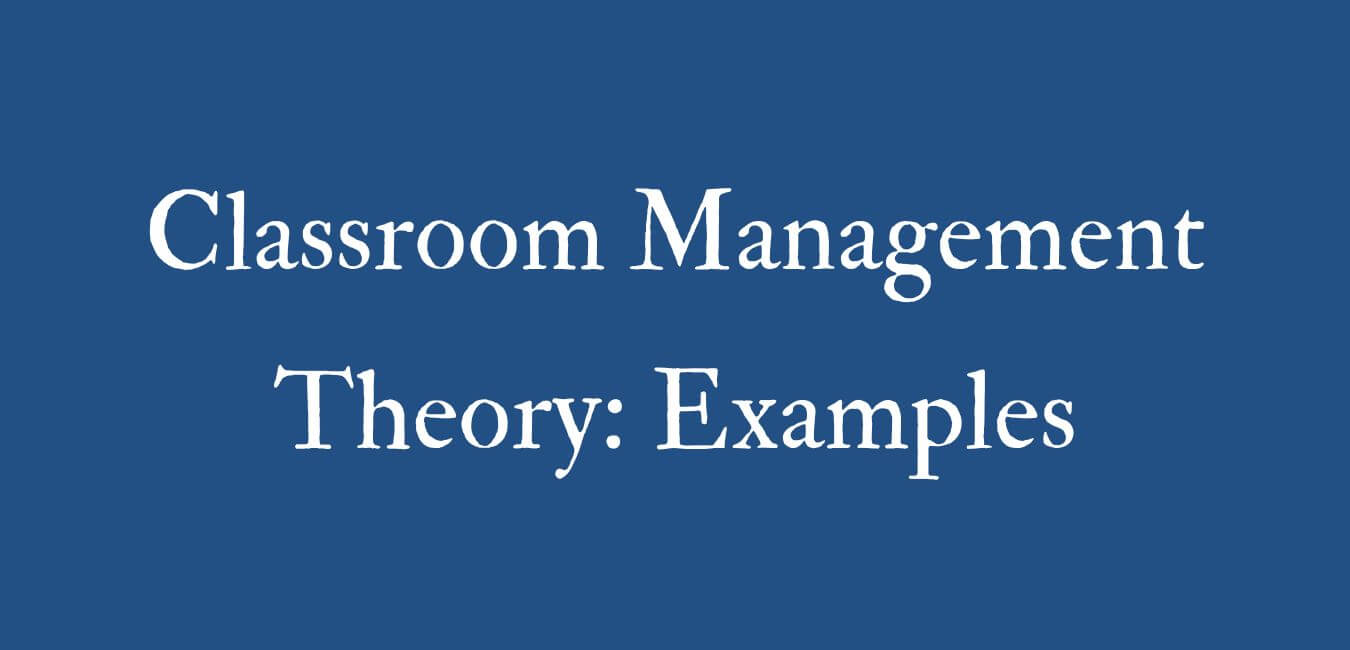
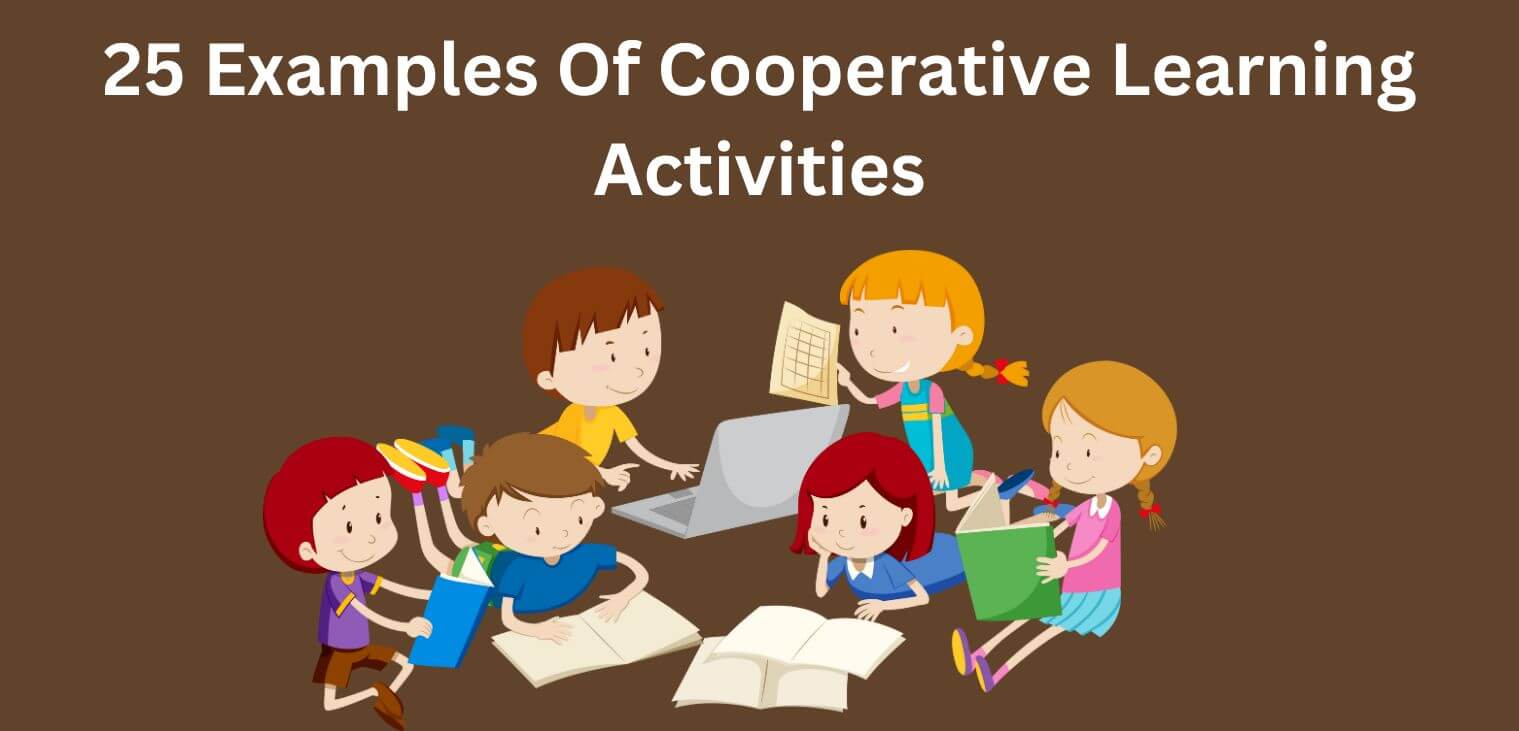
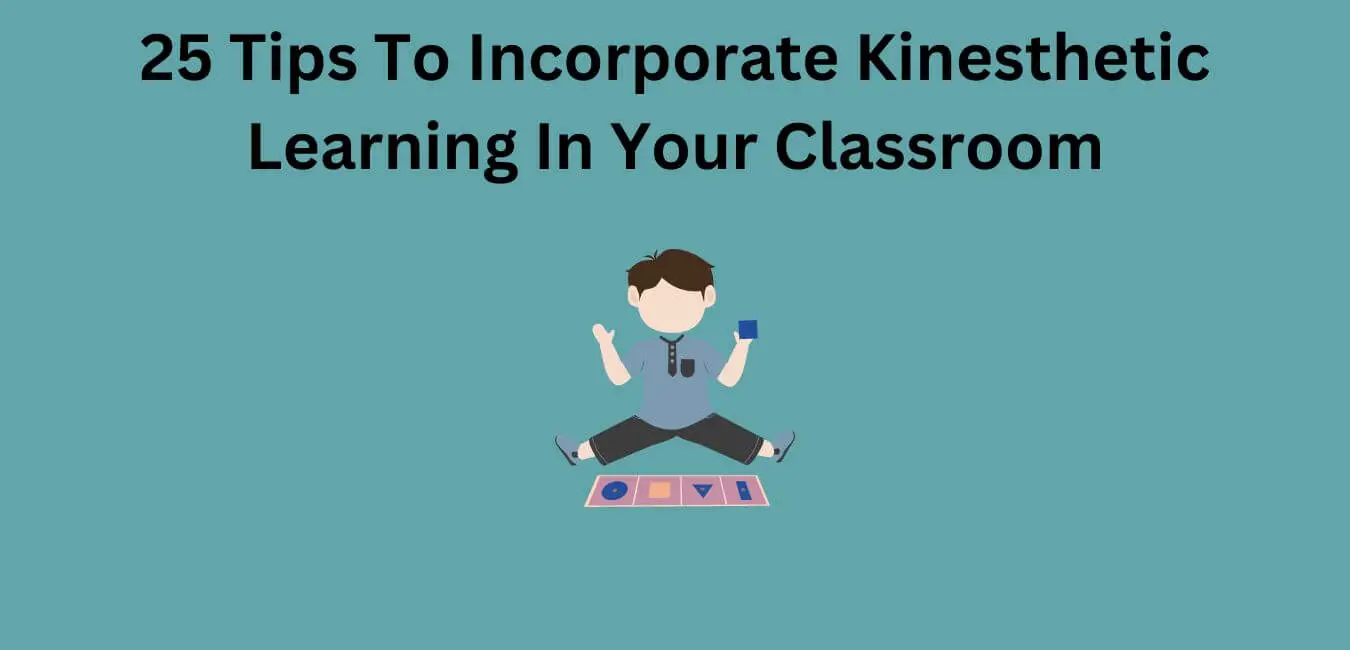
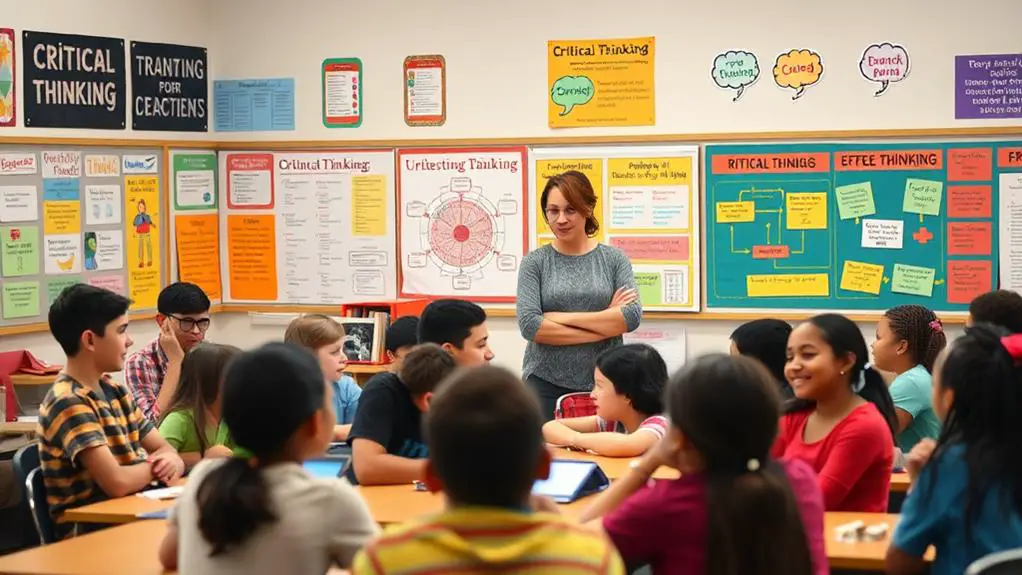






Leave a Reply